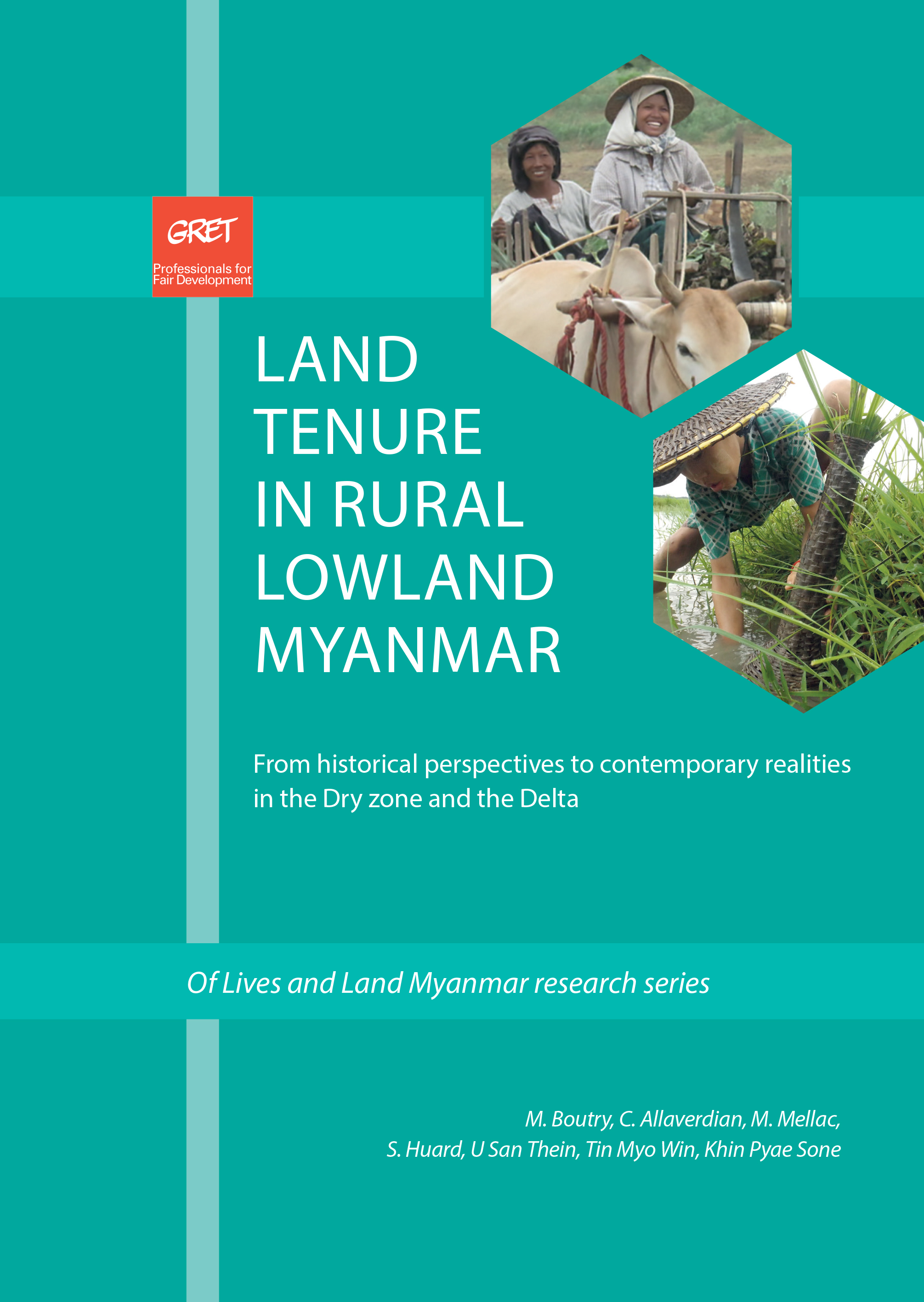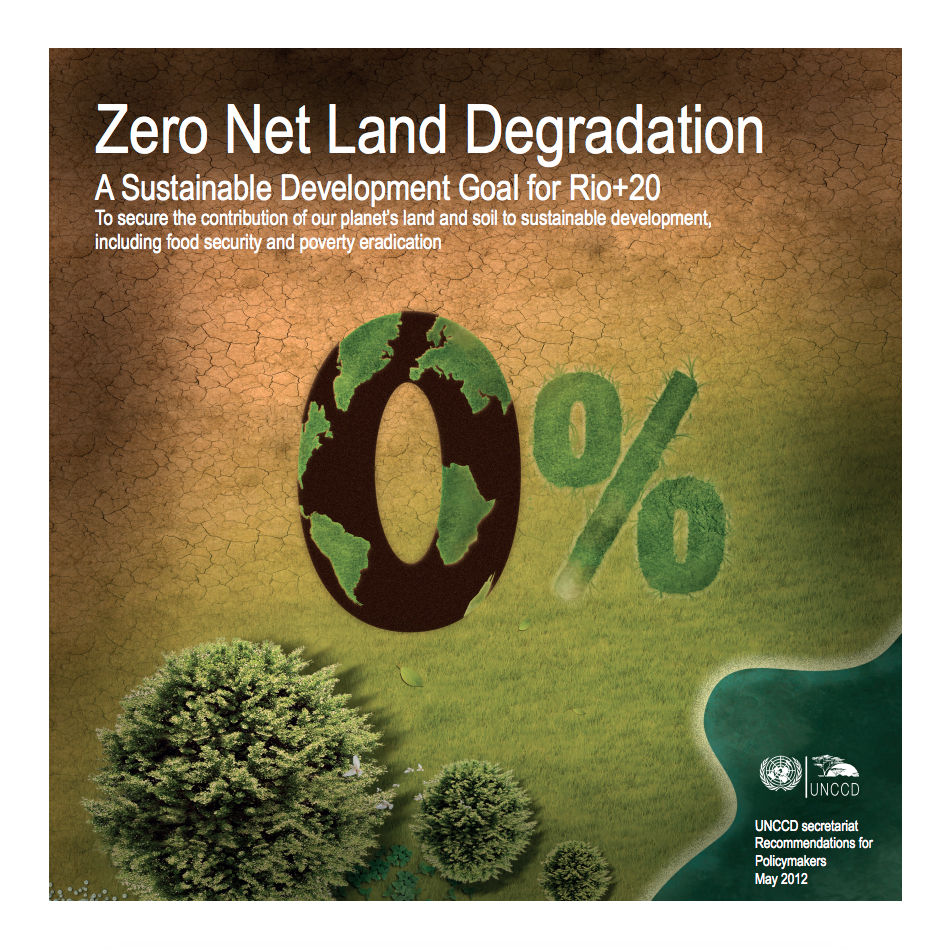THE UGANDA NATIONAL LAND POLICY IMPLEMENTATION ACTION PLAN 2015/16 – 2018/19
The Uganda National Land Policy (NLP) Implementation Action Plan is a deliberate resolution by the Government of Uganda to address major challenges that have hindered the implementation of land reforms, thereby impeding the optimal utilisation of land for socio-economic development and transformation. Although successive post-independence governments have made numerous efforts to streamline land governance and reconfigure the role of land in national development, the majority of these efforts have failed to address underlying issues and have thus remained unimplemented to date.









